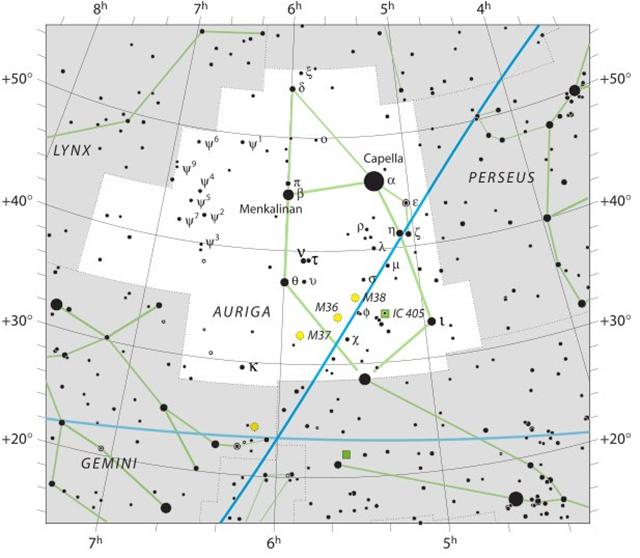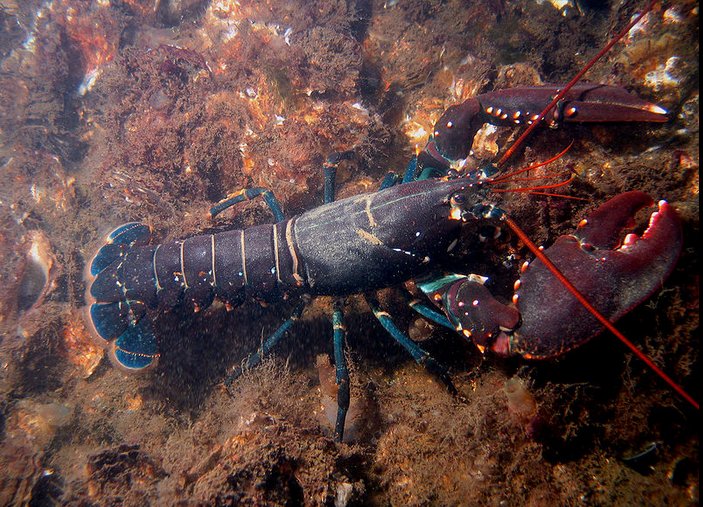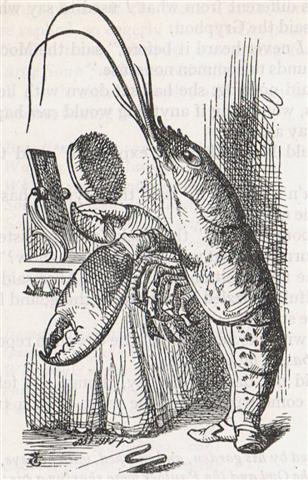The reason why the Chinese structure has no station for Cancer or Leo will become evident from studying the Babylonian zodiac:
For whereas the Hindu had 3 stations for Leo;
the Chinese instead had 3 stations for Hydra:
I.e., the Chinese followed the path of Water (downwards) while the Hindu followed the Flames (upwards). ... 'The rays drink up the little waters of the earth, the shallow pools, making them rise, and then descend again in rain.' Then, leaving aside the question of water, he summed up his argument: 'To draw up and then return what one had drawn - that is the life of the world.' ... There was a bifurcation place between Taurus and Gemini, evidently defined from Orion (True Shepherd of Anu) and Auriga (Crook).
The Great Twins (Gemini) were in front of Leo (Lion) but there were Little Twins in front of Hydra (Serpent). Cancer (Crab) was in the upper register between Gemini (Great Twins) and Leo (Lion). Thus the Lobster (Ura) must be in front of Leo - and he should reasonably be red like the colour of Flames: Ura, lobster. Ûra, flame, blaze (ûra ahi), to become furious (with manava as subject: ku-ûra-á te manava). Úraúra, bright red. Vanaga. 1. Crayfish, lobster, prawn. P Mgv.: ura, crayfish. Mq.: uá, lobster. Ta.: oura, crayfish, lobster. 2. Fire, burning, to be in flames; uraga, combustion, flame, torch; hakaura, to cause to glow, to kindle, to light. P Mgv., Ta.: ura, a flame, to burn. Mq: uá, id. Uraga, burden, load, weight. Uraura, vermilion, scarlet. P Pau.: kurakura, red. Mgv.: uraura, an inflamed countenance. Mq.: uáuá, red, ruddy. Ta.: uraura, red. Churchill.
... King Hotu arrived [he tuu te ariki.a Hotu] and asked [he ui], 'How [i aha] were these young men killed [i mamate ai]?' The voices [te reo] of the protective spirits (atua akuaku) of Hotu, namely Kuihi and Kuaha, replied, 'Oroi introduced [hakauru] the long, sharp antennae of the spiny lobster (vaero ura) (into the orifice) and the pulled out the intestines completely [i kumekume mai i te kokoma ki haho] and left them hanging (out). This is how [penei ē] the victims (ika) [te nga ika ena] were killed [i mamate ai].' Va. 1. Hakava, judge, judgement. T Mgv.: akava, to judge, to pass sentence. Pau.: haava, to judge, to conjecture. Ma.: whakawa, to charge with crime, to condemn. Ta.: haava, to judge. 2. Hakava, to speak. P Mgv.: va, to speak. Mq.: vaa, to chatter like a magpie. The Marquesan retains more of the primal sense although the simile is an alien importation. In Samoa va means a noise, in Tonga va is a laughing noise, in Futuna va is the disorderly cry of tumult, and probably it is the initial element of Viti wa-borabora to speak quickly and confusedly as when scolding. Its only identification in Tongafiti territory is Hawaii wawa the confused noise of a tumult ... Churchill. Ta.: va, space between the leaves in a roof. Sa.: va, space between. Ma.: wa, interval. Churchill. Hiero. To shine, to appear (of the rays of the sun just before sunrise). He hiero te raá, dawn breaks. Vanaga.
In Babylonian religion, Sarpanit (alternatively Sarpanitu, Zarpanit, Zarpandit, Zerpanitum, Zerbanitu, or Zirbanit) is a mother goddess and the consort of the chief god, Marduk. Her name means 'the shining one', and she is sometimes associated with the planet Venus. By a play on words her name was interpreted as zēr-bānītu, or 'creatress of seed', and is thereby associated with the goddess Aruru, who, according to Babylonian myth, created mankind. Her marriage with Marduk was celebrated annually at New Year in Babylon. She was worshipped via the rising moon, and was ofted depicted as being pregnant. She is also known as Erua. She may be the same as Gamsu, Ishtar, and / or Bēlit ... The red colour of lobsters was not always there:
But from the antennae the red colour would spread all over him when he became cooked.
"'Tis the voice of the Lobster: I heard him declare 'You have baked me too brown, I must sugar my hair' ..." |
|||||||||||||||||||||||||||||||||||||||||||||||





